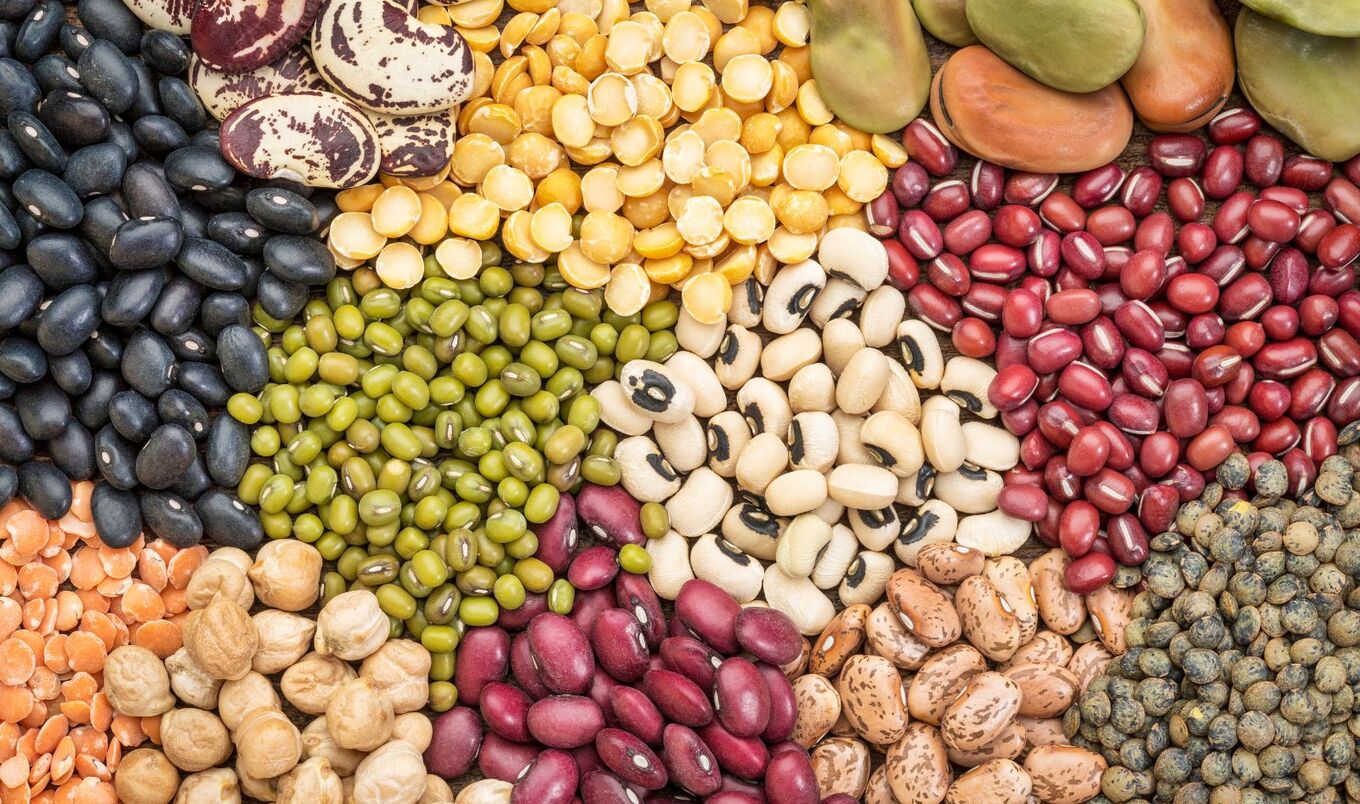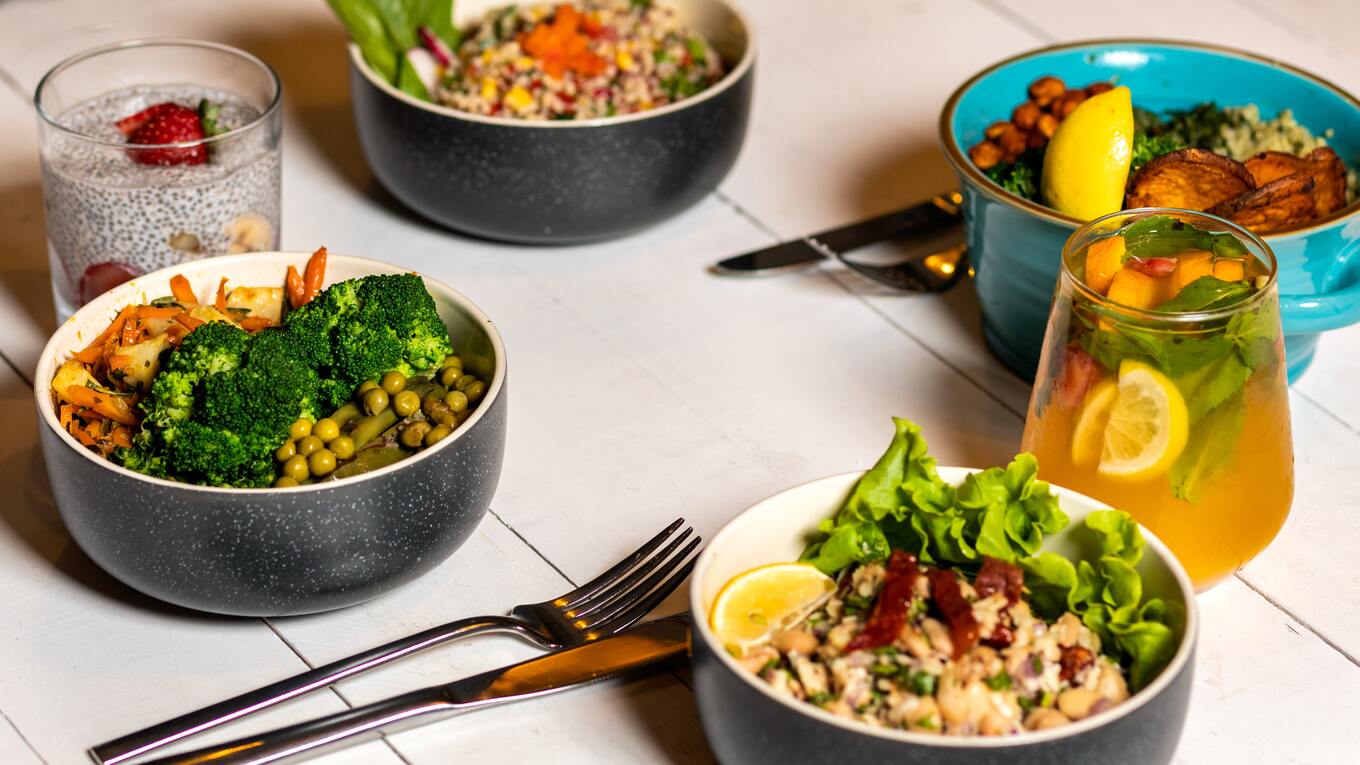From vegnews.com
Jamie Oliver’s “beans, beans, beans” comment positions legumes as a solution for both human health and the planet
He explained the reasoning during an interview at his London headquarters, telling The Times, “Tim Spector is right. They are really good for the planet, setting nitrogen back into the soil, and really good for our gut and people. The average Brit is majorly deficient in fibre every day. If we should be pushing anything, it should be beans.”
 Getty
Getty
The fibre deficit
In the UK, adults average only 18 to 20 grams of fibre per day, far below the recommended 30 grams. The shortfall has consequences: diets rich in fibre are consistently linked to reduced risk of heart disease, type 2 diabetes, and certain cancers. Research compiled by the British Nutrition Foundation shows that achieving the 30 gram target can significantly lower cholesterol, regulate blood sugar, and improve digestive health. Yet despite this evidence, fibre often remains sidelined in nutritional messaging, overshadowed by protein-heavy marketing or reductive “superfood” trends.
Oliver’s focus on beans underscores their unique value in closing this gap. A half‑cup of beans typically delivers more than five grams of fiber, along with resistant starch that supports healthy gut bacteria. Unlike processed protein snacks or supplements, beans are affordable, versatile, and widely accessible. They also provide plant-based protein, iron, potassium, and polyphenols—nutrients critical for cardiovascular and metabolic health. The emphasis in Oliver’s framing is not on expensive powders or fads but on foods that have nourished communities for centuries.
Beans for people and the planet
Oliver’s “beans, beans, beans” message also lands within the growing recognition of pulses as sustainable staples. Beans naturally return nitrogen to the soil, reducing the need for synthetic fertilizers that contribute to greenhouse gas emissions. Organizations such as the Food and Agriculture Organization of the United Nations have long advocated pulses as a cornerstone of climate-friendly diets, noting their resilience in water-scarce regions and ability to diversify cropping systems.

The ecological argument dovetails with Oliver’s public health mission. By encouraging more bean consumption, he bridges the divide between personal wellness and environmental responsibility. His words echo recent global dietary research, such as findings from Harvard and Imperial College London, which emphasize that higher intakes of fruits, vegetables, and legumes—often seven to 11 portions a day rather than the long‑standing five—yield the greatest reductions in chronic disease risk.
For Oliver, the messaging is also about honesty. “Five a day is a lie,” he told The Times, pointing out that real benefits only appear at higher consumption levels. His new book, accompanied by a forthcoming television program, expands on this idea with recipes designed to sneak more vegetables and beans into everyday meals—sometimes hitting 11 servings in a single dish. “By the time you finish it you will be full, so you won’t be complaining about going hungry on some bloody Jamie Oliver diet. You’ll be stuffed,” he said.

No comments:
Post a Comment